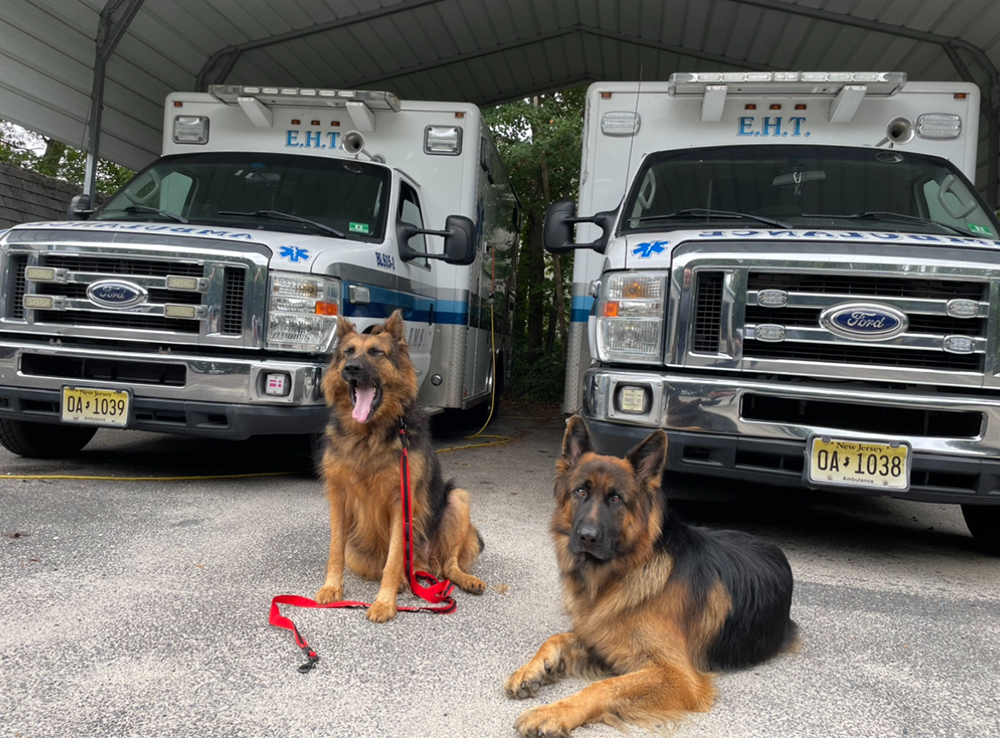“Mom, you really need hearing aids.”
“Kyle, your teacher says you aren’t following directions during class.”
“Dad, did you forget to take your pills again?”
“Annie, didn’t you hear me when I asked you to clean your room?”
Does any of this sound familiar? Today’s “sandwich generation”— adults caring for aging parents as well as their own children—has a lot on their plate. Among healthcare needs like preventing injuries and illnesses, and preventing or addressing chronic disease, these adults also need to pay attention to potential audiology concerns impacting their loved ones. Audiology is the area of medicine addressing hearing, balance, and related disorders. Audiologists work to identify causes of hearing loss, proactively prevent related damage, and support patients in implementing changes to enhance their ability to function normally.
Here are some insights that can help adults understand some of the key things to be aware of in the children and aging adults entrusted to their care.
Children, Cues, and Back-to-School
Pay attention to cues that a child’s auditory processing—how the ear and brain communicate—may not be functioning properly. It’s estimated that 3-5% of school-aged children are impacted by central auditory processing disorder (CAPD) and don’t hear things the way their classmates do. Because something prevents the brain from recognizing and interpreting sounds correctly, even though these children may hear everything that is said, they are challenged to process what it means. Unfortunately, many circumstances that exist in a classroom—such as multiple people speaking at once, background noises, or visual distractions—can exacerbate the issue. If CAPD goes unrecognized and untreated, it can play a significant role in a child’s ability to learn, communicate, socialize, and develop as they should.
“Parents and educators must remember there is a big difference between hearing and listening,” said Elena Ballezzi, Au.D., AtlantiCare Physician Group, Audiology. “Children who may be categorized as ‘disinterested in schoolwork’ or ‘distracted in the classroom,’ may have an underlying auditory issue. Instead of asking why a child doesn’t listen to their teacher and do what they are told, the better question to ask is if that child is able to hear all the information and if they understand it. If there is any concern a child may have CAPD, have them assessed by a professional—and the younger they are, the better.”
A central audiology processing assessment can lead to collaboration with other professionals that ultimately helps shape a student’s individual educational plans (IEPs) and support more effective learning inside and outside of the classroom.
Assessments consist of tests that evaluate specific auditory skill sets to determine how well the child processes what they hear. Be aware of signs that your child may have CAPD, including:
Frequently mishearing sounds or words
Struggling to hear in noisy environments, improved listening behaviors in quieter environments
Trouble distinguishing between similar sounds
Struggling to follow verbal directions
Trouble following conversations or “tuning out” during complex conversations
Challenges with spelling, phonics, verbal math problems, language, or reading
“A great deal can be done to help a child with CAPD cope and learn in a normal, school setting,” said Dr. Ballezzi. “The important thing is to get it checked out early and for parents, teachers, and loved ones to learn how they can support the child on the road to better hearing, listening, and learning.”
Seniors, Hearing Aids, and Dementia
There is more to hearing aids than “meets the ear!” One recent study reported that in individuals at increased risk of dementia, cognitive decline slowed by nearly 50% when hearing aids were introduced. Audiologists talk to patients about this almost every day. In addition, whether a patient has concerns about cognitive decline or not, the team discusses other physical and mental health issues that can come from hearing loss. Such issues include anxiety, depression, poor balance, impaired movement, and increased fall risks.
“A huge link exists between cognitive decline and hearing loss,” said Janet Revelle, Au.D., AtlantiCare Physician Group, Audiology. “Much of this is due to auditory processing changes that occur as we get older. For many, hearing loss is a gradual process that goes unnoticed. A senior may start to withdraw from certain social situations, causing auditory processing to worsen, which in turn leads to more self-isolation. It’s a snowball effect that, if detected and cared for early, can improve quality of life and help prevent other related issues.”
Auditory processing assessments are also important for older adults. Signs of auditory process disorder in adults include:
Listening to TV at full volume with continued difficulty understanding
Challenges with long or phone conversations
Wanting to listen to others but finding it hard to pay attention
Difficulty with multi-step directions or multi-tasking in auditory situations
Trouble remembering names after meeting people
Difficulty comprehending when there is background noise
Trouble with reading, spelling, writing
“The key to hearing health is continuity of care throughout your lifetime,” said Dr. Revelle. “Having a trusted audiologist who can monitor your hearing as you age and adapt your care plan can go a long way in helping you enjoy life and the people in it.”










